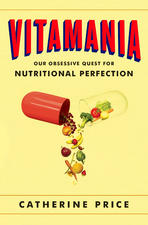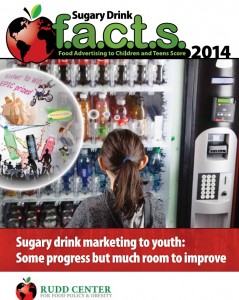The FDA released its long-awaited regulations on menu labeling at 12:01 this morning.
The big and most welcome news: the regulations apply across the board to
- Meals from sit‐down restaurants
- Foods purchased at drive‐through windows
- Take‐out food, such as pizza
- Foods, such as made‐to‐order sandwiches, ordered from a menu or menu board at a grocery store or delicatessen
- Foods you serve yourself from a salad or hot food bar
- Muffins at a bakery or coffee shop
- Popcorn purchased at a movie theater or amusement park
- A scoop of ice cream, milk shake or sundae from an ice cream store
- Hot dogs or frozen drinks prepared on site in a convenience or warehouse store
- Certain alcoholic beverages
The only exceptions: foods from grocery stores or delis that require additional preparation such as deli meats, cheeses, or large deli salads.
Why is this big news? As I’ve written previously in this space,
- It’s been more than 4 years since Congress called for menu labels (in the Affordable Care Act signed by President Obama in 2010)
- When the FDA first proposed the regs in April 2011, it excluded movie theaters and other places whose primary purpose is not to sell food.
- It also excluded alcoholic beverages (these are regulated by the Treasury Department)
- The pizza lobby (yes, there is such a thing–remember “pizza is a vegetable” in school lunches?) fought to be excluded.
- The National Grocers Association and other retailers who sell prepared foods fought for exclusion.
- Rumors were that the White House wanted weaker regulations.
Well here they are.
As for the response:
Center for Science in the Interest (CSPI), which has led the menu labeling efforts, is understandably pleased. Congratulations!
The National Restaurant Association has pressed for national regulations to make the rules consistent across the country. It says:
We joined forces with more than 70 public health and stakeholder groups to advocate for a federal nutrition standard so that anyone dining out can have clear, easy-to-use nutrition information at the point of ordering – information that is presented in the same way, no matter what part of the country. From Portland, Oregon to Portland, Maine, diners in restaurants will have a new tool to help them make choices that are right for them.
The New York Times reports that the The National Grocers Association said: “We are disappointed that the F.D.A.’s final rules will capture grocery stores, and impose such a large and costly regulatory burden on our members”
Really? Lots of people eat at grocery stores these days (think: Whole Foods).
The Washington Post reports that the Food Marketing Institute is also disappointed.
I’m not. Calorie labeling is an excellent tool for public education.
The regs won’t go into effect for another year or two.
Watch the lobbying begin!
In the meantime, congratulations to the FDA for putting public health first.
http://www.washingtonpost.com/national/health-science/calorie-counts-coming-to-a-restaurant-movie-theater-vending-machine-near-you/2014/11/24/e5bd25ae-7415-11e4-a5b2-e1217af6b33d_story.html







